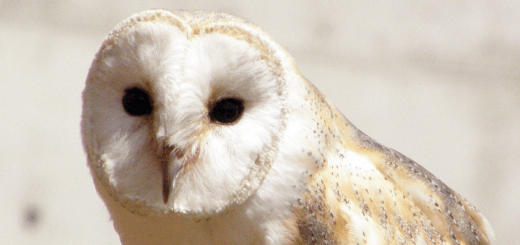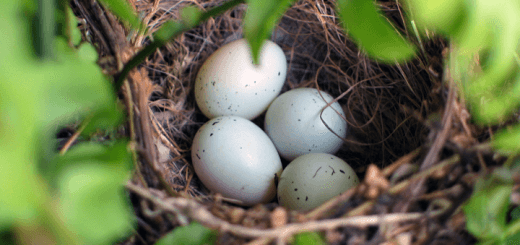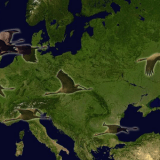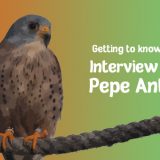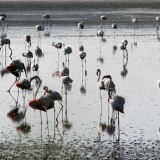Every morning, when I walk to work, I can enjoy the song of the nightingale or the lark. They accompany me at that time of the morning, but there is a thought that crosses my mind: why do they do it? The first thing that occurs to us is that they do it to mark their territory and to make their location known to the females. But there is more to it.

Common Nightingale (Luscinia megarhynchos) | Author: Kev Chapman · Creative Commons: Attribution 2.0 Generic
Like everything else in life, it’s all about chemistry: birds sing because it makes testosterone increase in their little bodies, which also increases their aggressiveness. As an example we have the male robins, which become totally aggressive with other males. But if testosterone is the spark, the flame would be estradiol. This hormone regulates aggressiveness and arranges the song, to the extent that researches about the Zebra Finch show that sexual mature females injected with this hormone can sing like males.
However, this isn’t just a matter of chemistry. It seems that singing also requires passion. The singing of the males increases during the breeding season. They must put their heart and soul into it to dissuade other males from entering their territory. Females will only pay attention to the song of their own species. In a way, they are like the fans of a music band, although some males take advantage of it by singing different songs, which provides them with a larger number of fans. This is important, because the larger the diversity of songs in a male, the more experience it’s thought to have, thus a larger level of care towards its nestlings, as well as more ability to defend its territory. In recent researches we can see that males with more complex songs had a bigger success amongst their fans, because it translated in a better physical condition. But there is an exception to every rule: in the case of the Splendid Fairywren, both the male and the female sing to flirt and to defend their territory. Although the song has another purpose: synchronizing the reproductive behaviour and serving as a role model for the young.
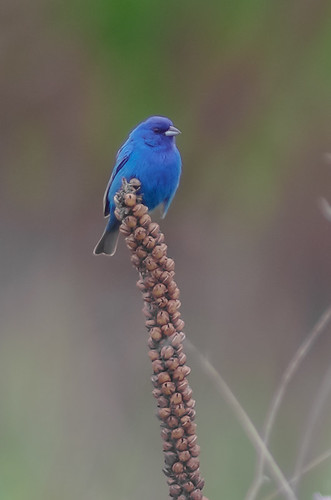
Indigo Bunting (Passerina cyanea) | Author: Cheepshot · Creative Commons: Attribution 2.0 Generic
What makes a difference between songs is not only genetic factors, but also experience. In other words, a young male inherits a particular song from its father, but it can extend the range of notes or modify the song according to its own experience. In the 50’s, some researches about the Common Chaffinch demonstrated that the song can be learnt. A group of these chaffinchs were raised without hearing a thing, and another group, with recordings of chaffinchs. The first group sang in a coarse way and the second, in a more similar way to free birds. We can realize that, with regard to singing, we need a tutor, someone we can imitate. But this is not for everyone: researches on the White-crowned Sparrow proved that, when exposed to songs of other species, they weren’t able to reproduce them. This leads us to the fact that each species has more ability to its corresponding song, which prevents the songs to intermingle.
Birds do not always learn to sing from their parents. The Indigo Bunting learns a great part of its song as an adult. This is an advantage, because its songs are more varied and complex. It translates in a bigger attraction to the partner and a greater defence of its territory. The moment the bird learns to sing is very important: if a five-month bird gets deaf, it won’t sing properly, but if deafness occurs later, it will sing in a normal way.
There are also birdsong dialects, which serve as a selection criterion for the females. It has been proved that Zebra Finch females compare their dialect with the candidate’s, in such a way that they reject it if its dialect is similar to their own. This serves to avoid inbreeding, as it is clear that the use of similar dialects might mean that they are related. Dialects are so important because they are an indicator of genetic isolation, so it is more likely that new species will be created in the long term.
Let’s compare what we have learnt with humans. As far as we know, the basis of human language has evolved in the same way as that of birdsong, since there is a learning period, a tutor, dialects and the need to communicate. Moreover, both birds and humans communicate a lot of information orally. Thus, it is proven that human and bird languages are not so far from each other.


